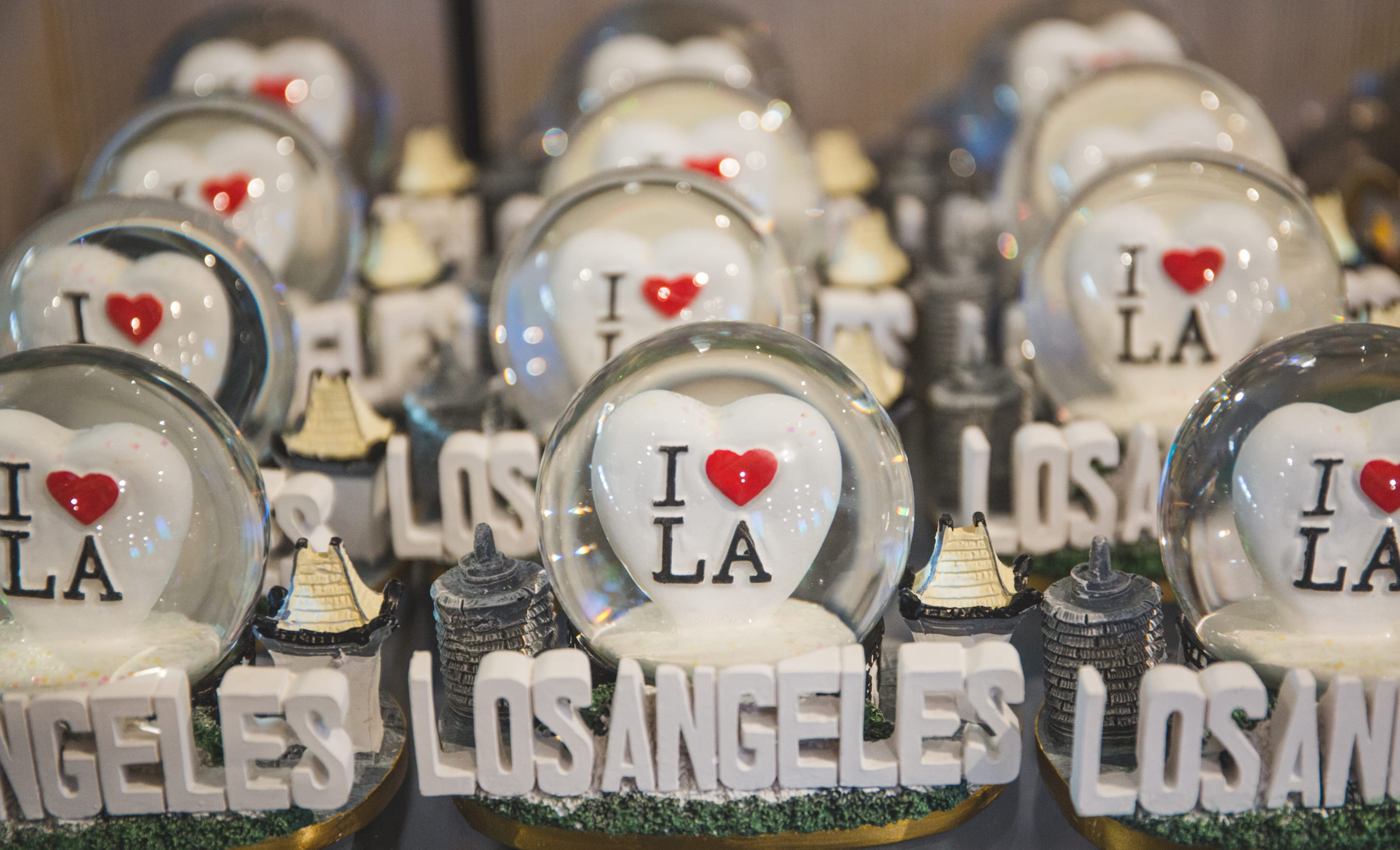The following post is a guest submission from Gracie Corapi, assistant to NYU Los Angeles Program Director Nina Sadowsky.
By Gracie Corapi
I started as the assistant to Nina Sadowsky, program director of NYU Los Angeles (NYULA), in September 2019, still early in the program’s inaugural semester. We gave our first 33 students a study away program to celebrate: distinct LA experiences, unique panels and programming, an academic center with sunset views and Brita-filtered water. By the time Spring 2020 began and a new cohort of 36 joined us, we’d turned it up to 100: a one-on-one mentorship program! Double the special events, double the networking! Brita pitchers in each student apartment! Alumni mixers! And… a worldwide pandemic that sent them all home?
As a student, I experienced a few unexpected bumps in my university years. In undergrad, classes were cancelled by a polar vortex. In grad school, I was on campus during an active shooter scare––thankfully, a false alarm. But this is a much bigger bump, and it’s my first time with an admin-level view of how a school can adapt when the world makes an unprecedented turn. This is what went into transitioning NYULA into a successful (and fun!) remote learning program.
We began with the lecturers — all of whom are accomplished and flexible, but that didn’t make them automatic Zoom experts. Our first project: creating resources. We had help from the knowledge base and from materials shared by NYU Shanghai (who were the first in the NYU community to face the Coronavirus), but we discovered that what our entirely part-time lecturers really needed was distilled guidance, not wallops of information on top of the changes in their own careers and lives. We created a step-by-step Zoom guide in PDF form for the visual learners, and we set up a system of 1:1 staff-led tutorials with the active learners. Then we created a schedule of staff support: every single class has a staff member on call, joining the Zoom meeting for at least the first ten minutes, making sure all tech runs smoothly. And hey, it’s not a bad deal for me, a forever-learner; I’ve ended up staying the full length of several classes, enjoying the content and conversation, forgetting I’m not a student myself.
Our challenge for [the students] was instead experience-based: how do we provide an education equal to what we were providing before? Gracie Corapi
Adapting classes to a remote model has been more challenging for some than others. Our biggest challenge came when we’d all settled into our new home “offices,” when we’d all learned the difference between day and night PJs, when the hard work of transition seemed to be leveling out. We have a professor with… a VHS addiction. The treatment: after a hilarious but ineffective attempt to hold an iPad up to an old, VHS-equipped TV, the ingenious professor scoured YouTube for comparable clips and even learned how to digitize their tapes. It’s not quarantine if you’re not learning new skills, right?
It’s no surprise that our amazing students are already tech-savvy. Our challenge for them was instead experience-based: how do we provide an education equal to what we were providing before? As a millennial, I say this completely genuinely: the great thing about Gen Z, which describes our cohort, is that they have big ideas and they’re not afraid to share them. In classes, professors are asking and listening to students about how best to change assignments to fit the new landscape. Group projects are morphing. Final paper topics are changing in real time as the industry adapts around us.
One of the great facets of the LA program is the internship component. All students are required to have one, and we worried that this would be a grand hurdle. But so far, everyone has adapted. While many students have been able to maintain their internship work remotely, those that haven’t are working with our program director on customized projects that keep them connected to the type of work that drew them to LA in the first place.
On the administrative side, we’re collaborating with our student workers on multiple fronts: what do you and your peers need from us? What do you want from us? What does support look like now, and what does the LA experience look like when you’re not even in LA? We created “Virtual LA” for the cohort, a constantly-growing source of online museum tours, livecam music, plus photos and stories of the city’s history and LA-set movie recommendations from faculty and staff. There’s more where that came from: we’re working on industry and craft book recommendations, an NYULA cookbook, and we’re in early discussions about a Zoom talent show.
A couple of our ongoing projects are adapting too: our big event, the Hollywood Sustainability Summit, is going digital on May 16th. Our mentorship program continues by phone and Facetime. But now we have student-led movie nights and support groups, too. Our small staff is doing 1:1 student check-ins, and we’re dedicated to creating even more community as we go along.
So far, so good. Nothing is easy in this kind of transition, and no one is really loving it. But NYULA, true to our city, has a sunny outlook. We’re finding unexpected opportunities in the remote world. That said, I am looking forward to returning to our NYULA home on Fairfax. I don’t have sunset views and a Brita filter at home, and I can’t take one more second of Tiger King.
